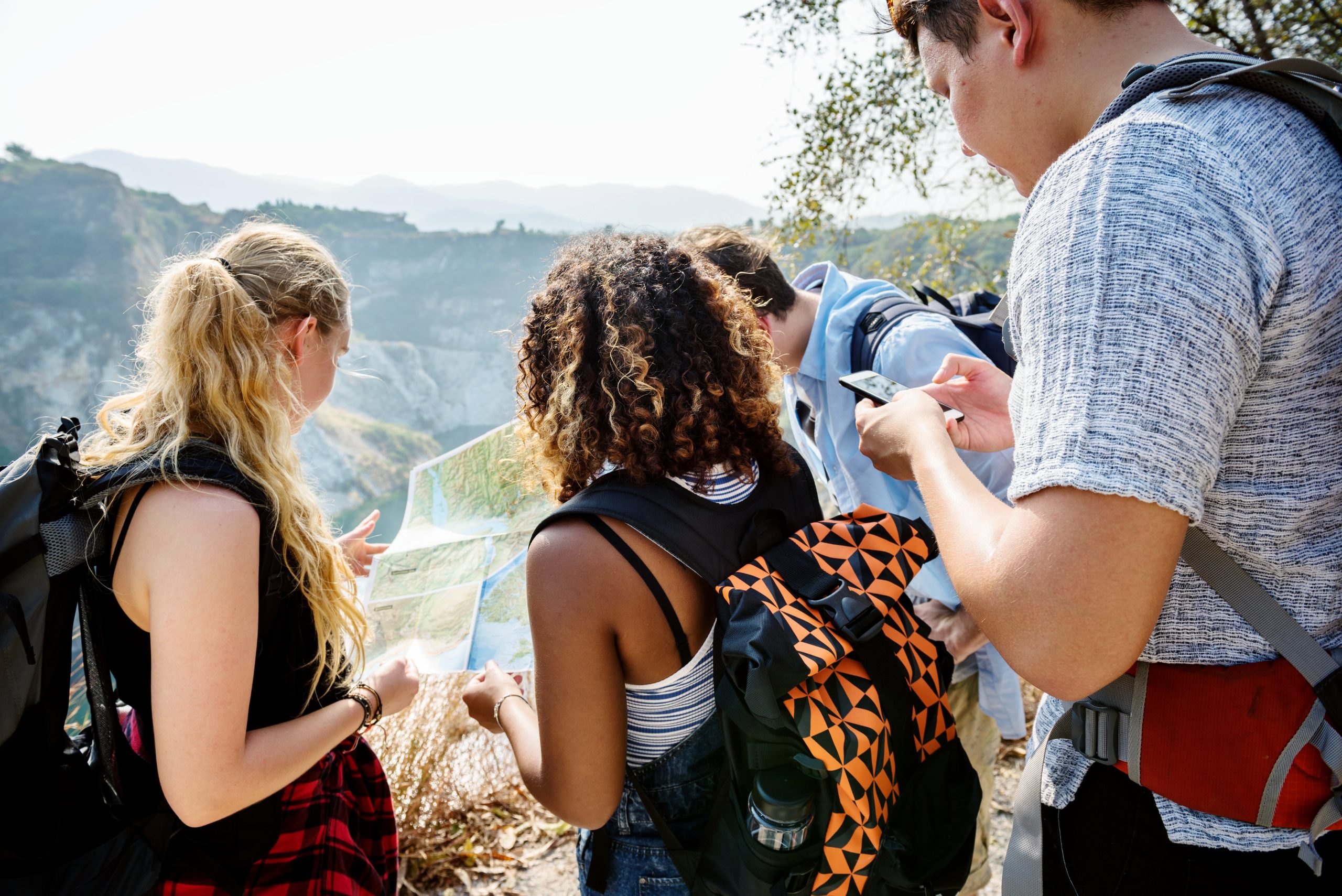
Exploring Pristine Natural Landscapes: A Guide to Different Types of Field Trips
Nature’s beauty has a captivating effect on the human mind, from majestic mountains to vast oceans and breathtaking sunrises. It’s no wonder that pristine natural landscapes are ideal destinations for field trips, offering preschoolers a chance to learn, develop social skills, and form bonds with their peers. Field trips are essential in education, providing real-world experiences beyond the classroom. They immerse children in nature, fostering a deeper understanding and appreciation for the environment. By exploring nature firsthand, preschoolers enhance their cognitive abilities and develop a lifelong connection with the natural world.The Benefits of Field Trips to Pristine Natural Landscapes
Field trips to these landscapes offer numerous benefits. They provide hands-on learning opportunities, allowing children to explore, observe, and interact with the environment. These experiences promote curiosity, critical thinking, and problem-solving skills, all crucial for early childhood development.Exploring Different Types of Field Trips
There are various types of field trips to pristine natural landscapes, each offering unique learning and exploration opportunities.Hiking
Hiking allows preschoolers to experience nature up close, observe wildlife, and discover hidden wonders along the trail.Nature Walks
Guided nature walks provide opportunities to explore different ecosystems, from forests to wetlands, and learn about local flora and fauna.Wildlife Watching
Preschoolers can observe animals in their natural habitats, fostering an appreciation for biodiversity and conservation efforts.Bird Watching
Children can identify birds by sight and sound, learning about their behaviors and habitats.Camping
Camping teaches survival skills, teamwork, and environmental stewardship.Canoeing and Kayaking
Exploring bodies of water, learning about aquatic ecosystems, and developing water safety skills.Fishing
Connecting with nature, learning about aquatic ecosystems, and responsible angling practices.Geocaching
Engaging in a high-tech scavenger hunt that promotes teamwork and problem-solving skills.Orienteering
Navigating through natural landscapes using maps and compasses.Rock Climbing
Conquering physical challenges, building confidence, and developing trust.Caving
Exploring subterranean landscapes, learning about geology and cave conservation.Botanical Gardens
Immersing in diverse plant ecosystems, learning about plant anatomy, biodiversity, and conservation.Arboretums
Learning about tree species, their importance in the ecosystem, and plant conservation.National Parks
Exploring natural landmarks, geological formations, and cultural significance.Conservation Areas
Understanding biodiversity conservation and habitat preservation.Wildlife Sanctuaries
Observing and learning about native wildlife species and conservation efforts.Marine Reserves
Learning about marine biodiversity and conservation.Waterfalls
Exploring geological formations and erosion processes.Hot Springs
Experiencing geothermal phenomena and unique ecosystems.Glaciers
Learning about ice formations, climate change impacts, and glacier science.Deserts
Exploring arid landscapes, learning about desert flora and fauna adaptations.Canyons
Witnessing geological wonders and unique canyon ecosystems.Volcanoes
Understanding volcanic processes and geological hazards.Wetlands
Immersing in aquatic ecosystems, learning about wetland functions and biodiversity.Geothermal Areas
Experiencing geothermal features and hydrothermal systems. In conclusion, field trips to pristine natural landscapes offer invaluable learning experiences for preschoolers, fostering a deeper connection with nature and promoting holistic development. Through outdoor exploration and hands-on activities, children develop essential skills, gain environmental awareness, and cultivate a lifelong appreciation for the natural world.

